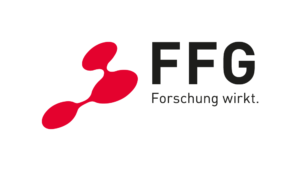Project Description
Parcel logistics is facing ecological and economic challenges. Disposable transport containers, especially cardboard, dominate the industry and worsen the environmental footprint. In the wake of climate issues and the “EU Green Deal”, switching to closed-loop systems with reusable – and recyclable – returnable containers offers ecological and economic potential for improvement. However, this change requires complex planning tools to optimize the solutions to the various problems (packaging problems, choice of transportation, routing problems, workforce management, etc.), considering competing objectives and multiple influencing factors.
In the long term, however, closed-loop systems can bring economic benefits to the logistics sector, because the materials of returnable plastic containers are more durable and cost-effective than in common one-way containers. Additional benefits come from integrated sensors and the use of digital twins to simulate and optimize processes using artificial intelligence. Such approaches support the planning process and increase the efficiency of logistics chains.
Project Goal
The SIBORC project examines the possibilities of simulating large and complex closed-loop systems and implementing them in the form of digital twins. Artificial intelligence methods are being tested for their applicability to cycle-oriented processes in logistics and, if necessary, extended and adapted.
Project Partners
This project is funded by FFG. The FFG is the central national funding organization and strengthens Austria’s innovative power.
 |
 |
 |
 |
